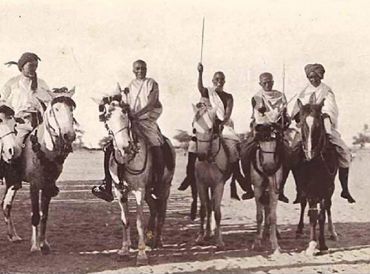For a personalised experience, sign in to access My Dashboard, your documents, continue services and so much more.
Login with Mobile Number Login with EmailFor a personalised experience, sign in to access My Dashboard, your documents, continue services and so much more.
Login with Mobile Number Login with EmailSomaliland has an ancient history and civilization. For a long period in the past, Somaliland had well-established trade links with the rest of the world particularly ancient Egypt (the Pharaohs), the Romans, the Arabian Peninsula and the Indian sub-continent. Commodities like hides and skins, frankincense and myrrh, ivory, gums, feathers were traded in exchange for consumer products such as sugar, tea, dates, clothes etc. It was uniquely the hub of spices trade (Frankincense and Myrrh). The trade links to the Middle East and East Asia existed via the Red Sea and the Indian Ocean routes.
Donec gravida lorem elit, quis condimentum ex semper sit amet. Fusce eget ligula magna. Aliquam aliquam imperdiet sodales. Ut fringilla turpis in vehicula vehicula. Pellentesque congue ac orci ut gravida. Aliquam erat volutpat. Donec iaculis lectus a arcu facilisis, eu sodales lectus sagittis. Etiam pellentesque, magna vel dictum rutrum, neque justo eleifend elit, vel tincidunt erat arcu ut sem. Sed rutrum, turpis ut commodo efficitur, quam velit convallis ipsum, et maximus enim ligula ac ligula.

Somaliland, due to its strategic location near Bab el Mandeb, at the entrance to Gulf of Aden and the Red Sea, has always been of interest for strategic and commercial reasons. In the mid16th century, the great Ottoman Empire annexed the port of Zeila and provided protection, at a cost collected through customs and other charges, for Arab, Persian and Indian merchants who serviced the trade requirements of the surrounding area and the Abyssinian hinterland. In 1870 the ambitious Khedive Ismael I of Egypt, whose country was nominally part of the Ottoman Empire, obtained the Ottoman Sultan’s authorized rights over Zeila in exchange for paying an annual fee of sterling pounds 18,000. The Khedive in due time acquired the coast between Bulhar and Berbera without reference to the Sultan.
